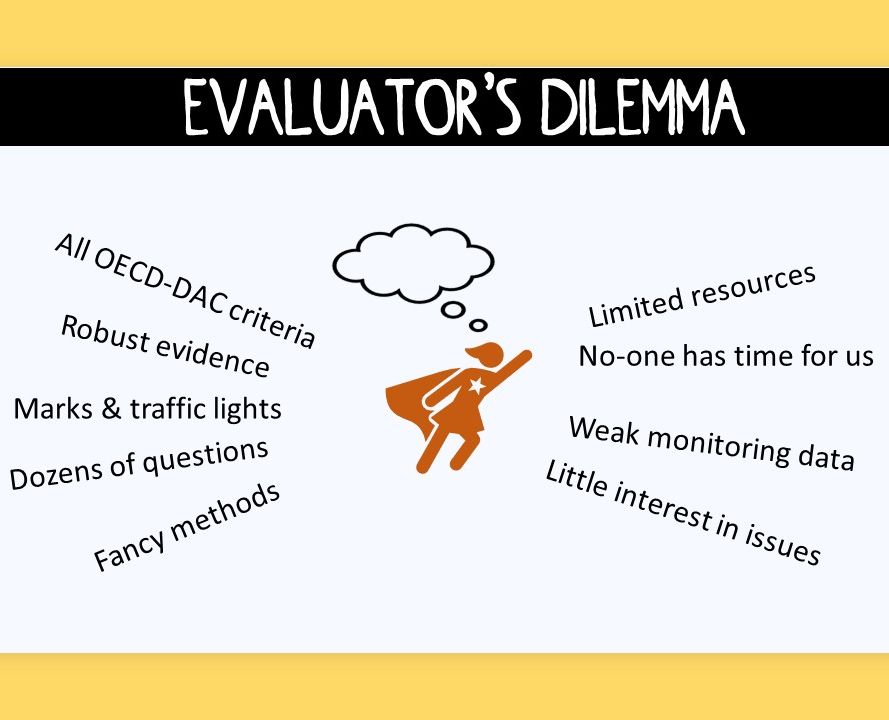Your interviewee speaks via a mobile phone and their signal is too bad for a proper, two-way (remote) interview. What can you do? Reschedule the conversation? Opt for an ‚e-mail interview‘ instead? A new, hybrid method emerged in an interview I carried out a few days ago, after both videoconferencing via a popular online platform and audio conferencing via the interviewee’s favourite smartphone messenger had failed. I’d call it the ‚written question, spoken answer method‘, or, say, semi-audio interviewing. It is easy and astonishingly effective – as a method of last resort.
Basically, after two-way speaking had failed in that interview, I simply typed my first interview question and asked the interlocutor to respond directly with brief voice messages. Many (or all?) smartphone messengers (Signal, WhatsApp etc.) come with an option to send voice messages. That is less burdensome than typing on the phone screen. Also, the interlocutor’s voice adds nuances that written text can’t capture. The interviewee has your questions in writing, allowing them to focus. You can adjust or develop subsequent questions as the interview progresses. As an added bonus, you can listen to your interlocutor’s messages again after the interview, just like with a classical audio-recorded conversation, but visually structured by your written questions (i.e. easily searchable).
Of course, it is not a real-life real-time conversation. It doesn’t beat a regular two-way video conference, either. The interview progresses slowly, as it takes time for the voice messages to upload (remember, the signal is poor). On the other hand, that allows the interview partners to gather their thoughts – well, unless they are distracted by other incoming messages. But that is always a risk in remote interviewing.

